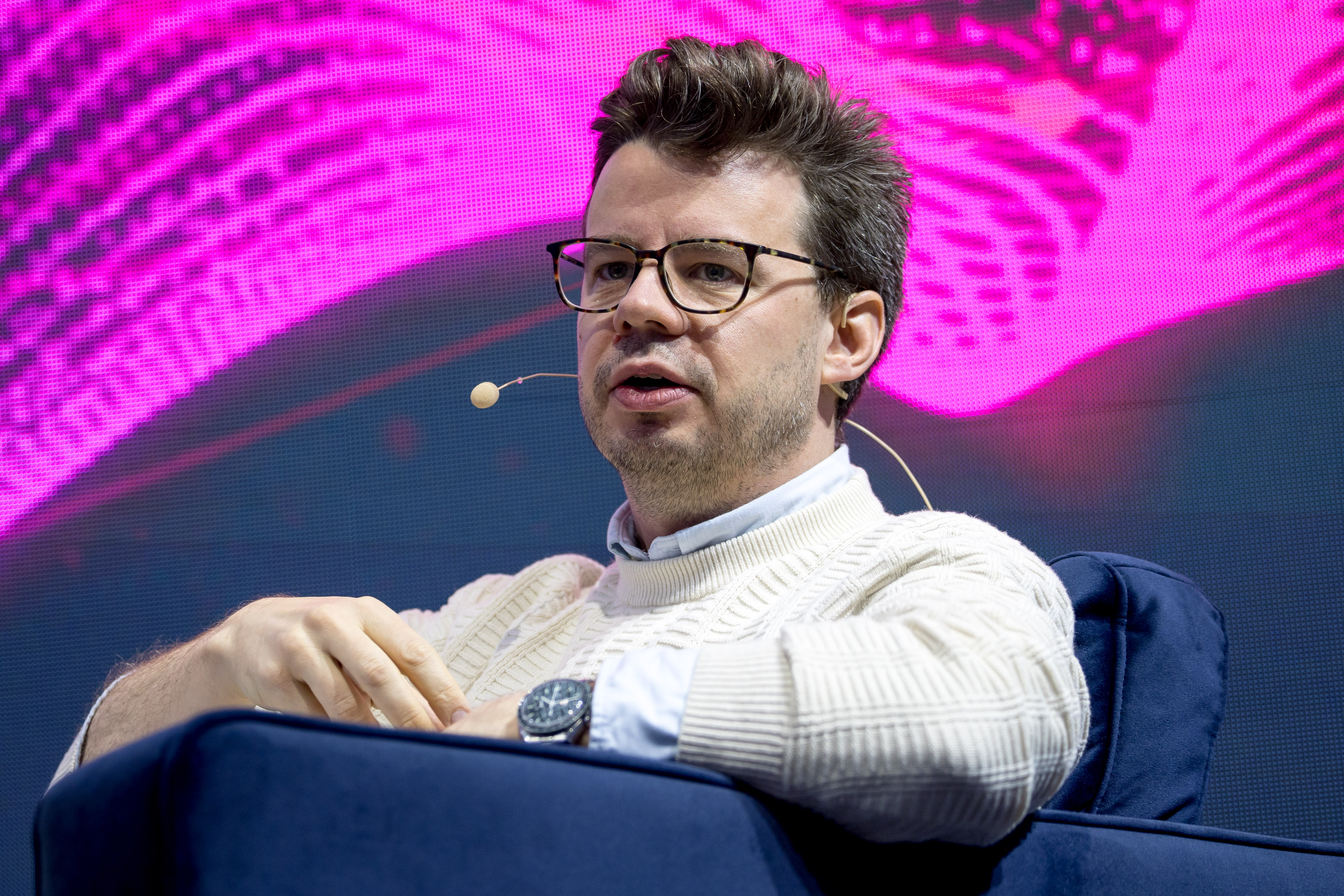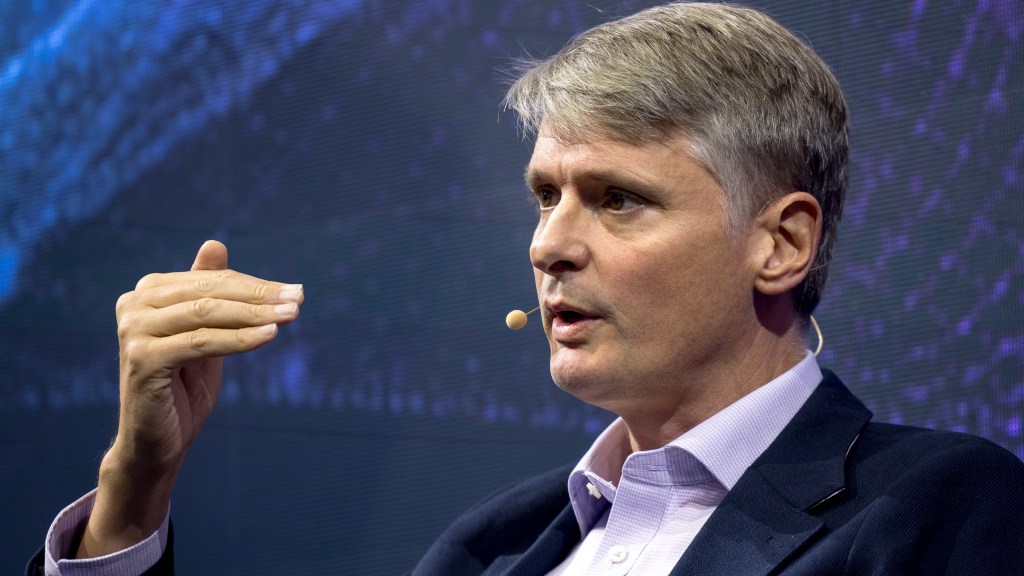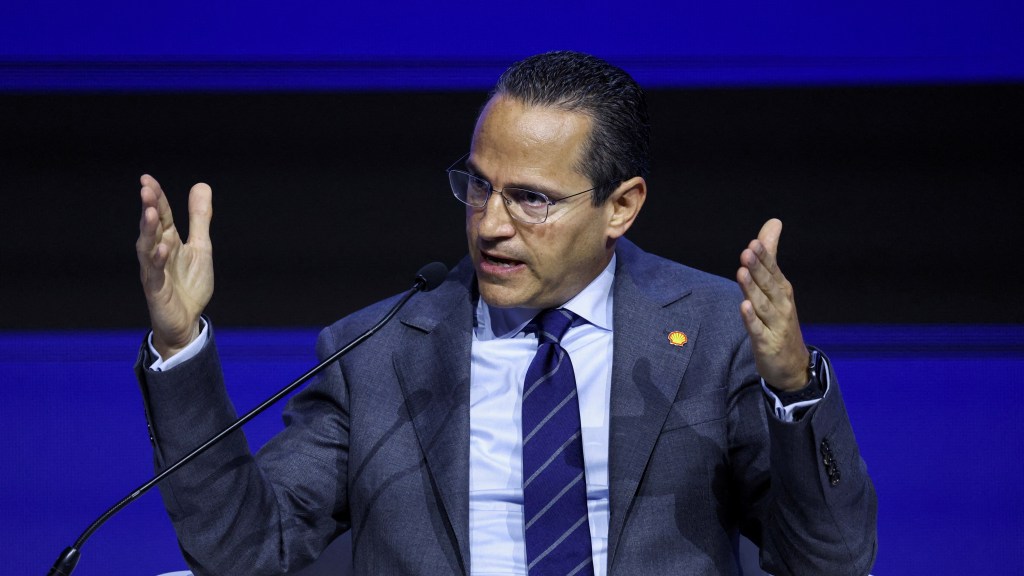AI Cannot Solve All Problems, Says Leading Researcher
A prominent artificial intelligence researcher in the UK has issued a warning against what he considers an “extremely dangerous” mindset regarding the technology’s application, responding to statements made by a government official about AI’s role in enhancing public services.
Neil Lawrence, who serves as a professor of machine learning at the University of Cambridge, addressed remarks made by Feryal Clark, Labour’s recently appointed minister for AI and digital government, at The Times Tech Summit.
Lawrence stated, “It is not accurate to claim that public services are entirely failing, as Feryal Clark suggested. In many respects, public services are functional. While improvements can be made, the notion that everything has failed and can be replaced by AI is highly concerning.”
During the summit, Clark pointed out the government’s intention to leverage AI in resolving issues in already strained public services, such as long NHS waiting lists. Lawrence noted that former Prime Minister Tony Blair had previously hinted at similar ideas.
The professor emphasized that the belief in AI’s ability to “fix everything” reflects a simplistic and reductive perspective on the intricacies of human intelligence and societal interactions.
He elaborated, “This view overlooks the complexity of our collective intelligence, which is rooted in our shared vulnerabilities and interdependencies.”
With a background that includes being a field engineer on North Sea oil rigs and serving as a former director of machine-learning at Amazon, where he worked on innovations for Prime Air and Alexa, Lawrence brings significant experience to the discourse on AI.
Additionally, Lawrence voiced concerns about the prevailing belief in tech hubs like Wall Street and Silicon Valley that artificial general intelligence could ultimately surpass human cognitive abilities.
He warned, “This mindset poses a risk not primarily from the technology itself, but from poor decision-making by those who fail to appreciate the nuanced implications of these advancements.”
According to Lawrence, AI systems based on large language models, such as ChatGPT, have transformative potential, allowing everyday users to engage with machines more dynamically, unlike the past when only tech experts could navigate such interactions.
He cautioned, however, that these technologies come with numerous challenges that could disrupt existing societal frameworks.
Reflecting on the discussions surrounding AI in recent years, he remarked, “The alarming trend is that those most confident in their projections about the future have dominated the dialogue. The reality is that we can be certain that overly confident predictions will not materialize as expected.”
Lawrence stressed the importance of including voices that acknowledge uncertainty in future discussions, essential for collectively navigating the implications of technology on society.
He also criticized former Prime Minister Rishi Sunak for not questioning a prediction made by Elon Musk at a previous UK-hosted tech summit, which claimed that AI would eliminate all jobs.
“This assertion is ludicrous,” Lawrence remarked, adding that accepting such statements reflects a significant gap in public understanding of the technology. He found it particularly troubling that this idea was central to the summit’s discussions.

Marc Warner, CEO of Faculty, a leading AI firm in the UK, also advised caution regarding forecasts that AI will dominate economic measures such as GDP. He stated, “Don’t trust such predictions; they are uninformed and are often just marketing ploys.”
Lawrence concluded that the advent of AI provides an opportunity to reflect on our intelligence’s remarkable capabilities.
He compared this moment to the iconic “blue marble” photograph from 1972, which highlighted Earth’s fragility amidst the vastness of space. He suggested that the capacity of machines that can process vast quantities of information should inspire greater respect for human intelligence and its intrinsic values.






